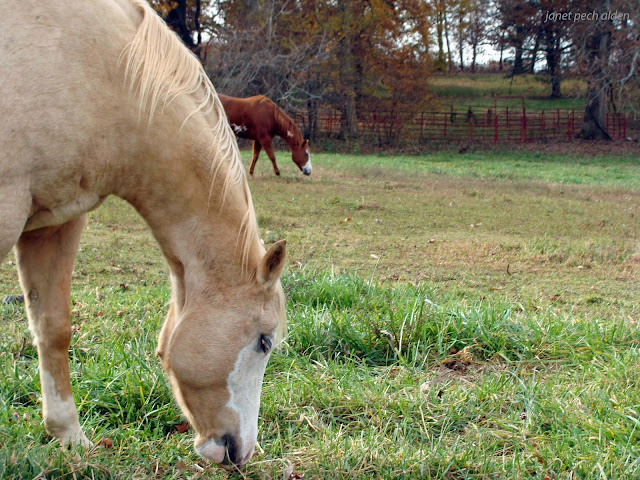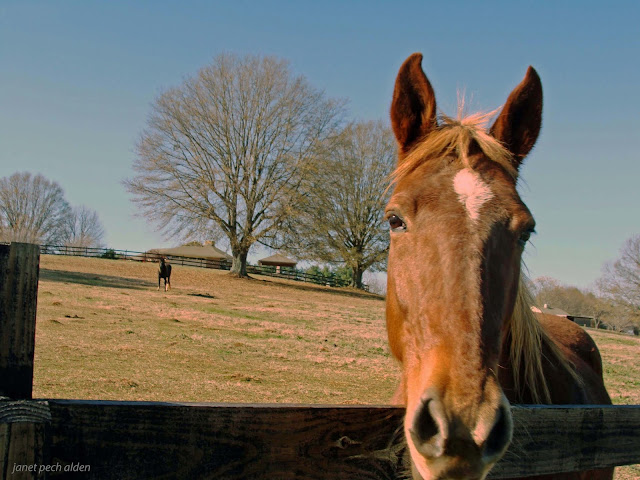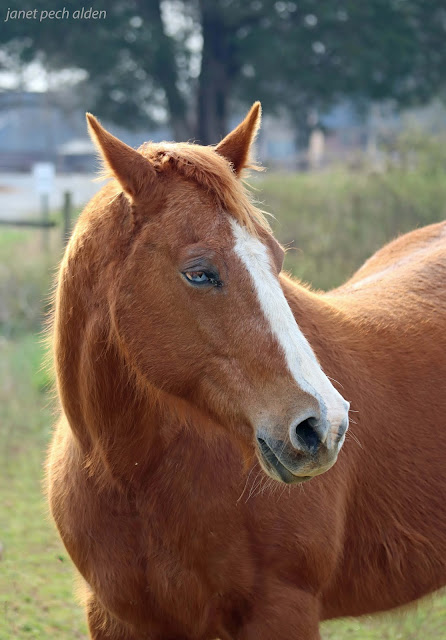In my late 20's I joined the Army National Guard. I did my basic training and my AIT (Advanced Individual Training) here in South Carolina at Ft. Jackson. Not long after I returned home from my training, I became a full-time member of the Connecticut Army National Guard and was the Unit Clerk of the 238th. My responsibilities were to do all things clerical for the unit. I processed the pay, prepared the paperwork for promotions and reviews and arranged travel for the full time and reserve members of the unit.
My father was full-time National Guard and he retired a Lieutenant Colonel. I grew up watching him go to work every day in his uniform. I have many memories of him shining his boots at the kitchen table and maintaining his dress greens with great care and pride. I have a lot of pictures of my dad and mom dressed up for the military functions they attended - which were usually mandatory for him. While I know they both did not particularly enjoy these events, they did them and did them with class.
I wish I could say that I joined the Guard because of my father, but that would not be entirely true. Looking back, while I was absolutely influenced by him, it was not the main reason for my decision to enlist. I was, and I still am, extremely proud of my father for his dedication and his service, especially in the later years when politics (local and national) made it very difficult for him to do his job.
In addition to my clerical responsibilities at the 238th, along with four other full-time Guard members I was a part of the Honor Guard. The Honor Guard, by definition, provides the deceased veteran a ceremony of gratitude and a final salute for his commitment of service. A family can request an Honor Guard be present at the gravesite when the deceased died while on active duty or if they were a veteran who served in an active or reserve status.
Most of the time, the ceremonies were for elderly military members, and sadly, they were sparsely attended. Whether there were five or fifty people present, the Honor Guard performed the same ceremony; Taps were played*, and the American Flag was removed from the coffin, folded and presented to the veteran's family. If a family requested it, a rifle volley was performed*. In the two plus years that I was the Unit Clerk, I must have done more than 30 of these ceremonies. After all these years, there is still one ceremony that stays on my mind.
We were there for a young military man who died and the gravesite was filled with about a hundred family members and friends. After Taps was played, one young boy ran away from the group crying uncontrollably. A woman, his mother I assumed, went after him and consoled him. His cries of pain and sorrow were gut wrenching to hear and see. To be so young and to experience such pain is tragic.
We were in our dress uniforms, representing and honoring the US Army, and it would have been inappropriate to 'break rank' at any time to offer comfort to this boy, his mother or any person there. To be a witness to such pain, to be there but not there, was extremely hard for me.
When I look back to that day and my thoughts, I remember that I told myself, and others, that it was too difficult for me to witness such pain and that, if possible, I no longer wanted to do the Honor Guards. Of course I could still be required as needed, but for some reason, they accepted and accommodated my request and used me only when they absolutely needed to.
Not soon after that young veteran's funeral, I left the full-time position as Unit Clerk but remained a member of the Army National Guard. I stayed in for only nine years total as I discovered that this was not an environment that I liked, nor was it one I felt I could thrive in.
All these years later and my military service has become such a small chapter of my life. In the years since, I have learned more, and I feel deeper, about American pride and honoring those who served. I have extreme gratitude for those who sacrificed and did things that were difficult, but necessary. I have also developed a kinder and gentler nurturing heart with much more understanding of myself and others. What I didn't fully understand then, what I know now, is that compassion for suffering is something you feel, something you should feel and not avoid. But you stand up to it and you work through your pain and feelings. It wasn't fair, or right, of me to want to pass off uncomfortable situations to others and I'm not proud that I did.
I wish that I could go back and re-do that time in my life. I would not shy away or try to avoid the pain of suffering. I would go back and truly "Honor" the deceased and their family with my presence and my gratitude for their commitment and their service.
* Most times we used a recording of Taps. Our bugle player was a reserve member and was not always available.
* A rifle volley is when three shots are fired in honor of the deceased. Rifle volleys were performed only if the family chooses it.



















